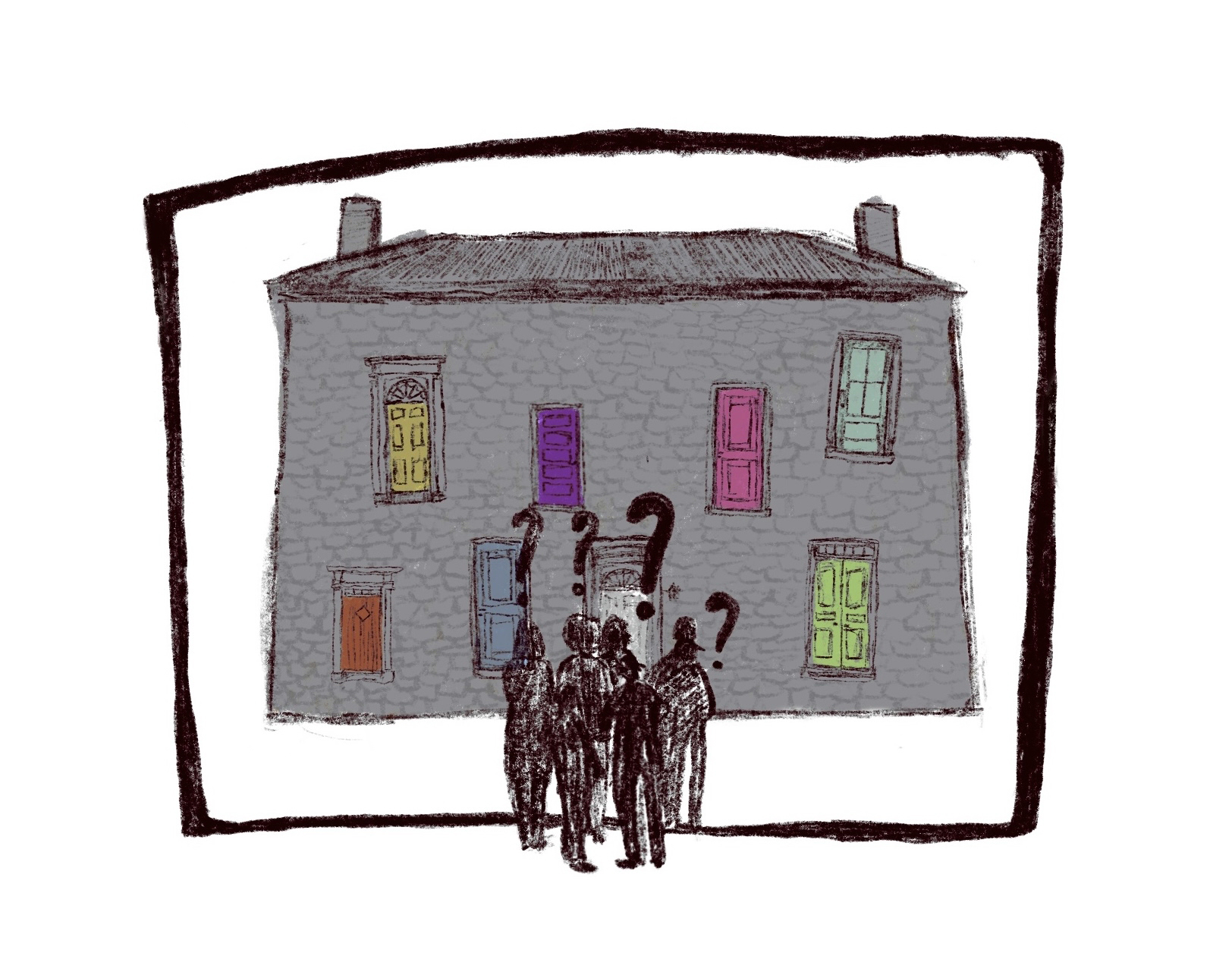Creativity does not replace capital
May 7, 2021
 This
piece represents the opinion of the author
.
This
piece represents the opinion of the author
.

Colleges often make the misinformed assumption that all students understand what resources are available to them and how to use them. Office hours, writing centers, “Q” (quantitative-reasoning) tutors and even libraries are a few of the many “resources” that are commonly advertised to students, but how can they be useful if all students don’t know what they are or how to use them?
Firstly, we often underestimate the importance of capital. And by capital, I mean cultural capital and generational capital, things that are often important while navigating elite American institutions. It is a privilege to have access to parents or direct relatives that are familiar with the way elite institutions work because they themselves attended one and experienced how they operate. It is a privilege to understand how to use your professors as a resource, to understand what office hours are and that you are entitled to attend. It is also elitist and classist to assume that all students are familiar with the ways in which college resources work; there is an unwritten curriculum essential to the success of college students. Students without this cultural or generational capital are told to be creative in order to survive. How come my academic success depends on my ability to think creatively? It is crucial that institutions like Bowdoin redefine what support actually looks like.
You see, many marginalized students get to college and are used as props by elite institutions to promote diversity, but what about the support once they are there? More specifically, academic support is more than creating a writing center; it’s also ensuring that it’s an inclusive space that all students feel comfortable using. The establishment of places like the Baldwin Center for Learning and Teaching here at Bowdoin is simply providing access–the next step is inclusion. Inclusion means more visual representation within the staff, formal introductions to what resources are available to students and how to use them and receptiveness to student critiques. Writing centers are known to be feminized and white and this can ultimately deter students who do not fall into these categories from using the space.
Sociologist Anthony Jack and author of the “Privileged Poor” often speaks of the ‘doubly disadvantaged’ student versus the ‘privileged poor’ student. Although both are categorized as low-income, the ‘privileged poor’ typically come to college with a level of cultural capital that allows them to navigate academia with more ease. For instance, they understand what office hours are and how they should look rather than just when they are. With an understanding of how one can reach out to professors and academic advisors, these students are able to actually benefit from access to the resources provided by colleges. Students that Jack classifies as ‘doubly disadvantaged’ are uncomfortable navigating academic resources because it is a behavior they never learned. The resources provided by institutions remain the same, but the level of inclusivity and ability to use them differs tremendously.
For example, networking is a skill that is often intimidating for many. It is an additional step that numerous students have not had the space to learn or be taught. Many marginalized, first-generation students do not feel comfortable building relationships with faculty, or simply don’t even realize its importance, because this sort of networking is a part of the unwritten curriculum they have never learned. Students who can foster relationships with faculty members typically find it easier to attain letters of recommendation and are often able to obtain higher GPAs. Underfunded high schools generally don’t stress how professional relationships can be beneficial in the long run, and so students miss out on building these networks when they arrive at college. By continuing to enable these systems that support classism and racism, institutions are setting ‘doubly disadvantaged’ students up for failure. Allowing students to enter a space, but not allowing them to take up space, is destructive by nature. It is counterproductive to get students to college but not through college. Thus, failure to recognize and support disadvantaged students is one flaw of many in academia.
First-generation, low-income students are often applauded for their ability to get to college, but once they arrive as students, they enter an environment that has been systematically programmed to require a certain level of cultural capital to survive. Having to adjust mentally to this culture shock—that could result in imposter syndrome—in addition to navigating the various resources at college on one’s own becomes a burden that overwhelms many.
Is a resource actually a resource if you don’t know how to use it? This may be a foreign concept for many, but your inability to comprehend how the other half lives is directly correlated with your subconscious elitism. Stop using low-income, marginalized students as photo-ops if, when the time comes to offer support, responsibility shifts from the institutions to students who are expected to “be creative.” We are at a point where these shortcomings must change institutionally so students don’t need to be creative to survive and excel academically.
Comments
Before submitting a comment, please review our comment policy. Some key points from the policy:
- No hate speech, profanity, disrespectful or threatening comments.
- No personal attacks on reporters.
- Comments must be under 200 words.
- You are strongly encouraged to use a real name or identifier ("Class of '92").
- Any comments made with an email address that does not belong to you will get removed.

Yet another beautifully articulated piece. These things may seem minuscule, but they matter.